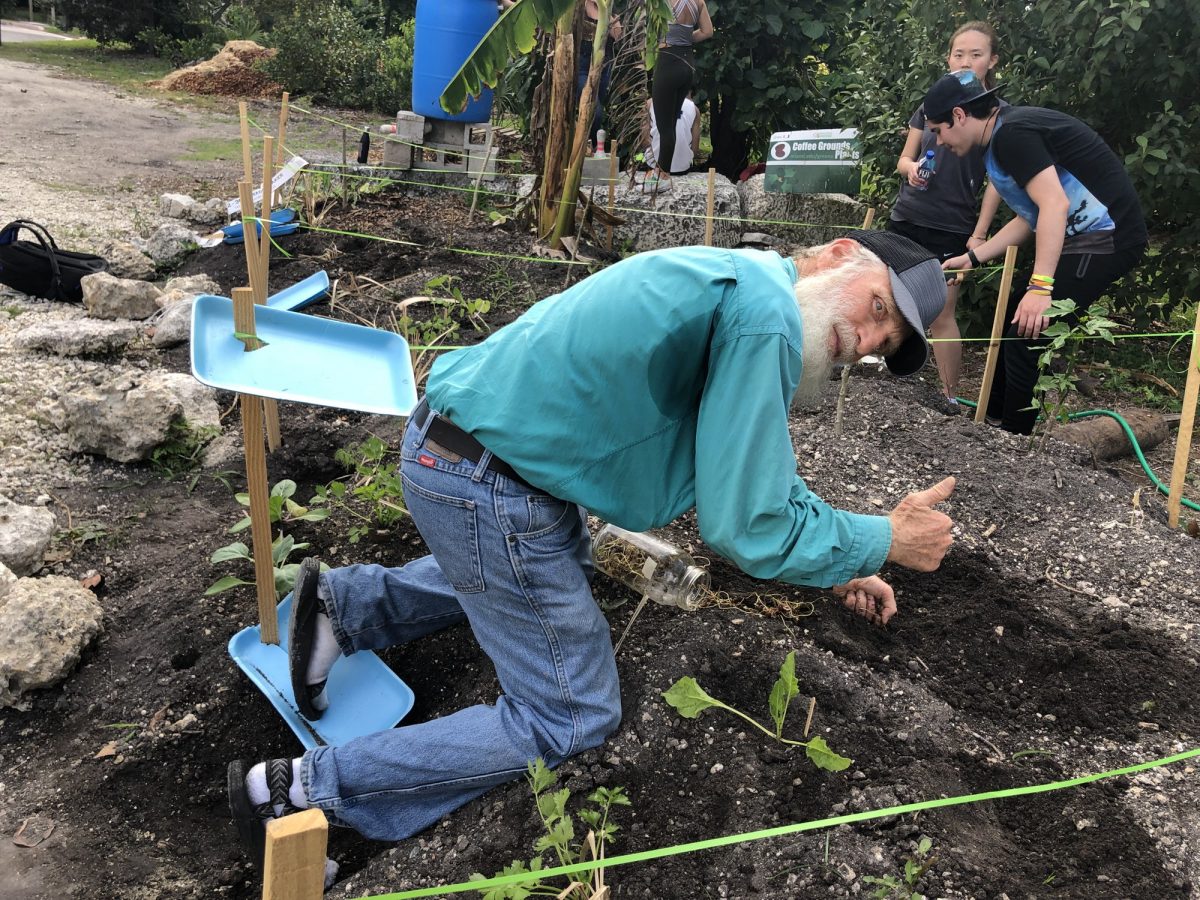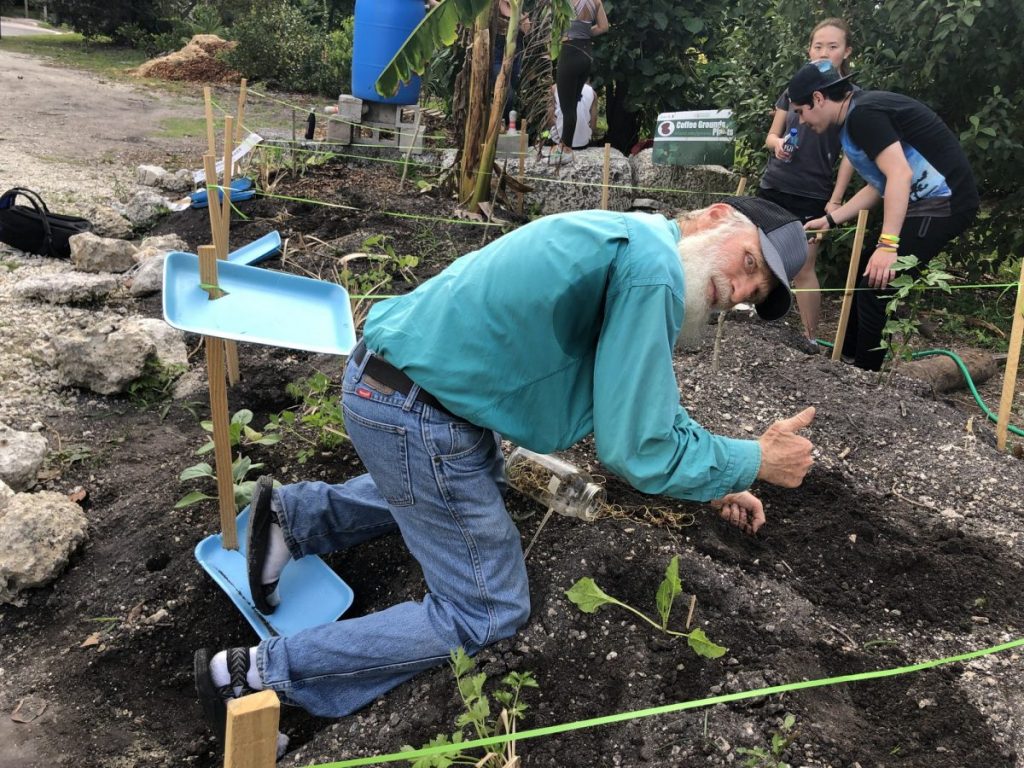
The University of Miami offers over 180 undergraduate majors and programs. Within these departments, there are hundreds more courses available to students. From glassblowing to parasitic diseases, the academics at UM cater to a wide range of interests.
When deciding to choose a course, Bridget Gidlow, a senior majoring in political science and international studies, gave her take on what she looks for in a sea of enrollment search results.
“I always think it’s a good sign when the class is about a kind of niche subject,” she said. Gidlow’s favorite courses were those that focused on specific case studies in China and countries of the Middle East.
In addition to subject matter, Gidlow also spoke about the importance of choosing the right professor.
“When you research the professor, the info about them online shows if that niche topic is their specialty,” she said.
Some of the most popular classes are those that fuse a fun experience with education. For the Fall 2019 semester, Richard Weisskoff will be offering an international studies and ecosystem science and policy course titled “Global Food: A Hands-on Approach” (INS 357/ECS 357).
This course, set to meet Wednesdays from 5:00-7:40 p.m., will explore the world hunger crisis in a very hands-on way as students cultivate perennial crops in their own on-campus “global farm.” Students will get to learn more about the South Florida environment in particular and gain an understanding of the role that economics plays in tackling hunger. Weisskoff said students should expect to bring their delicacies to the classroom, “from the seed to the kitchen to the brain.”
For this class, students will step outside the typical classroom parameters.
“Not only does it involve studying, reading and calculating,” said Weisskoff. “It’s more than that. It’s poetry, it’s music, it’s joy, and it’s creativity.”
Students can anticipate an outdoor component to the class as well.
“It’s sweat. It’s hard work. It’s digging and hoeing and cutting and weeding, harvesting, eating and schmoozing,” said Weisskoff.

Right now, Weisskoff teaches a similar class called “Poverty and the Environment” in which students assess the effect of low-income areas on the environment and vice versa. A current student of his, sophomore Jahansher Kahn, said he plans to take Weisskoff’s class next semester because the global food class has been a significant component of his time at UM.
Khan said Weisskoff’s class “is a great time facilitated by discussion and real-world experiences which makes the education unique, fulfilling and memorable.”
Another class that several students found interesting is the history lecture titled “The Beach” (HIS 290). Next fall, the class will meet Tuesdays and Thursdays from 9:30-10:45 a.m. under the instruction of professor Martin Nesvig.
Nesvig, who was born in San Diego and raised around the beach, said his interest in the seaside led him to move to Miami Beach and teach a class on that subject specifically.
“The class is a sort of hybrid of different themes, approaches and philosophies concerning beaches. For example, students learn about some specific beaches and their development as places, cultures, societies. On that level, we study the history of ancient Hawaii and its social-cultural systems,” said Nesvig. Students will study the landscapes, reefs and marine creatures of beaches all over America, from California to Miami.
Nesvig decided to take a different approach when teaching this class and also incorporated a social justice aspect into the curriculum.
“Most students don’t realize that Miami was racially segregated by law until 1965 and that blacks and Hispanics were barred from going to Miami Beach,” he said.
Nesvig said that students should expect to analyze a variety of different angles on what makes a beach: the history of physical places, concepts of civilization and chaos, shipwrecks, boardwalks, the rave scene, race, ideas about gender, politics of the beach, swimsuits, social rebels, climate change, nudism and queer beach spaces.
Both of these classes take an alternative approach to student learning, providing a deviation from the standard classroom setting. They focus on participation more than testing, ensuring that students leave the classroom having absorbed a new concept rather than an exam question.





